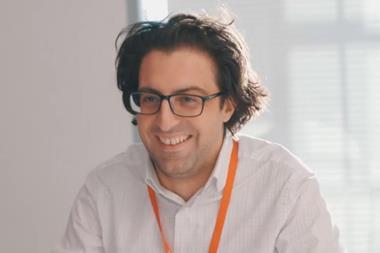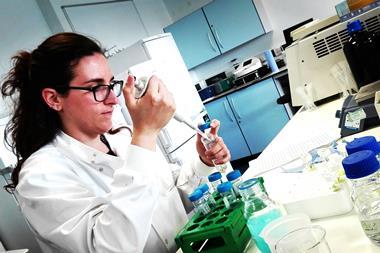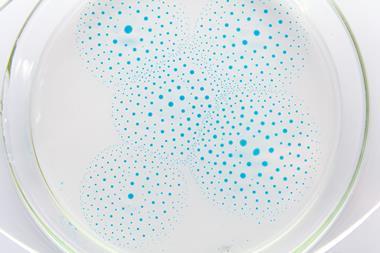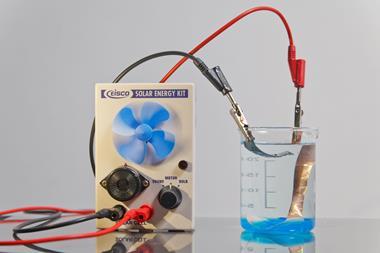Everything you need to know
-
- Salary range: Over 40k
- Minimum qualifications: PhD in chemistry is a requirement. I completed a computer science degree, a chemistry degree and then progressed onto a Masters in computer science focussing on machine-learning.
- Skills required: Problem solving, data handling, very good technical skills such as programming and algorithms
- Training required: No specific additional training required
- Work–life balance: Engaging
- Locations: Find related work experience positions using our map of employers.
More profiles like Benjamin's
What inspired your interest in chemistry?
I was fascinated by chemistry when I was young because it explains the various facets of life and I also enjoyed programming. I wanted to find a way to combine the two. Luckily after completing a computer science degree and chemistry degree I was introduced to lab automation. As soon as I saw robots doing the routine work that would I have been expected to do I knew it was for me.
What do you love about your job?
In lab automation or automation in general, the point is to get machinery to do the many repetitive tasks. I love to see the robots doing the job I was hired to do. As long as they are working, tasks will be completed and progress will be made. That means I can work on something interesting like developing a robot that can do another job.
from BBC News at bbc.co.uk/news
My work with robots is all about automating the scientific process – taking human bias out of the equation. We’re achieving remarkable levels of efficiency and the robot is getting to carry out its own research, putting more hours in than any human ever could.
What is your typical day like?
My days are very varied and they’re certainly not 9 to 5.
In an ordinary day, I will have several one-hour meetings and the rest is spent on development. This can range from looking up hardware, designing a life science workflow, to building and programming it depending on how far the project has progressed I am working on. Read more about what I do in this BBC article.
What tips or advice would you have for someone looking to get into a similar role?
I’d advise anyone who likes chemistry at school to study it further. It will lead to careers in just about any area you choose, and will let you branch off into different directions when other subjects take your interest. There’s nothing like doing work that you really enjoy – and knowing that you’re making an important difference.
Science is about investigation - researching a topic at the frontier of knowledge. If you would like to get into this, I would suggest starting with a field you are interested in, and study this preferably to a research masters level. This will allow you to get some basic knowledge in the field and confirm that research is right for you.
First published February 2021, updated 2025
























